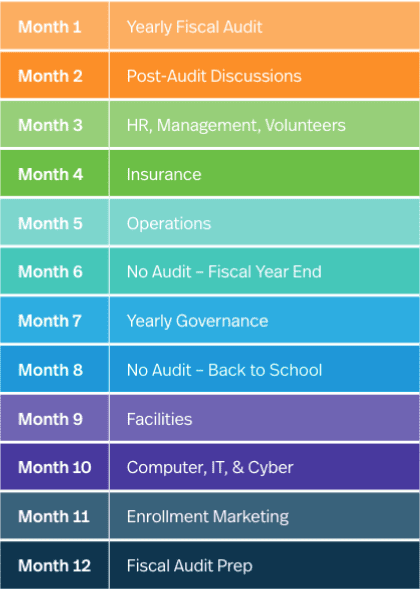Positive legislative changes are happening in Texas regarding public charter schools.
During the 88th Texas Regular Legislative Session, two charter bills passed that will grow the charter movement in the state. The first is a bill lawmaker filed during the last four legislative sessions, requiring political subdivisions to consider open-enrollment charter schools the same as school districts for zoning purposes.
Why is this legislation so important?
Over the past several years, multiple cities across the state denied or delayed building permits even though the Texas Education Agency (TEA) had approved a campus to operate. The denied building permits and zoning issues have affected both campus expansions and new charters, and, in some cases, permits were delayed for months, costing charter operators additional money in construction fees. The City of Dallas went as far as to have a moratorium on charters, and now, for years, no charters have been allowed to build within the city limits. With this bill’s passage, political subdivisions must treat charter facilities like school districts, and local politics will no longer stop charter growth in Texas.
The second bill passed extends the request and notification window to 36 months. Under current practices, public charter schools may not send a notification or request to TEA to open a new campus until 18 months before the campus is scheduled to open, which is not enough time to construct a new campus and prepare for opening, especially considering supply chain concerns. Extending the request and notification window to 36 months allows all parties more time to prepare and execute their plans.
Update from the State Board of Education (SBOE) meeting
During last month’s State Board of Education (SBOE) meeting, members passed a new law, changing the non-contact period for charter applicants. For years, charter applications were not allowed to connect with SBOE members during a no-contact period lasting from the day of charter application submission until the day the SBOE votes to approve the charter, which can last up to seven months. The board approved a new law, ending the no-contact period for charter school applicants on the date the applicant passes the external review. In the past, opponents of charter schools used the no-contact period to discourage members from supporting charter schools. With the new bill in place, charter advocates may contact members and seek support for new charter applicants, leveling the playing field for all parties involved.
Also, at last month’s SBOE meeting, four out of five charters were approved. State law allows the Texas Education Agency Commissioner to select applicants that have received the application cut score and passed TEA/SBOE capacity interviews. The SBOE has final approval authority and can agree with the Commissioner’s recommendations or veto. This time, Commissioner Mike Morath selected five Generation 28 Public Charter Schools to be granted, and the SBOE only vetoed one.
There is always more work to do, and becoming an advocate for public school choice is essential! We must let our local and federal elected officials know to continue supporting public charter schools in Texas and beyond.
Check out more and subscribe to Amanda List TX Legislative Updates here.
